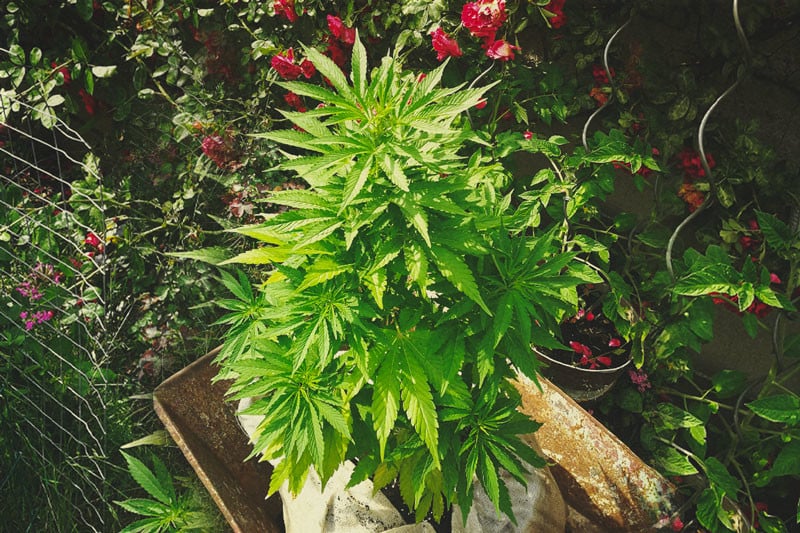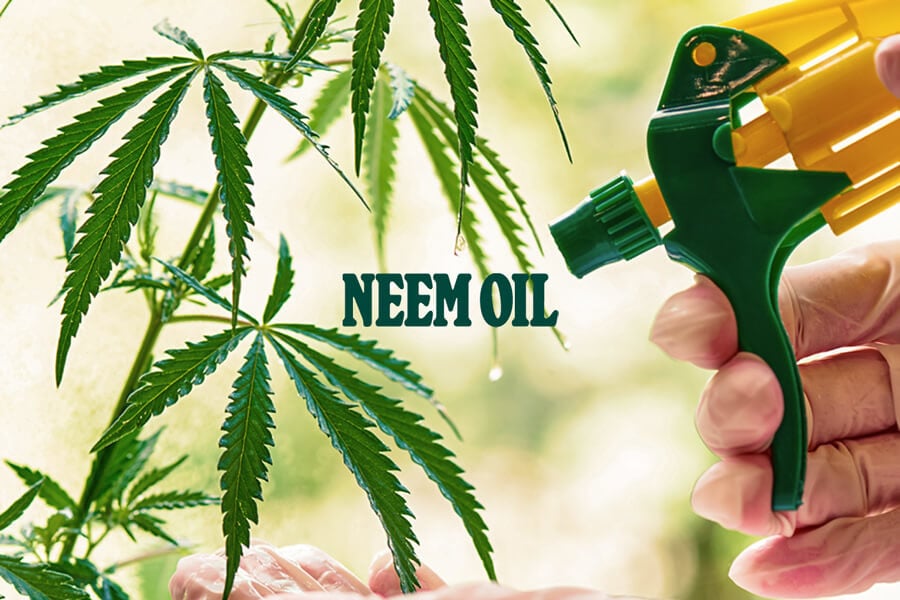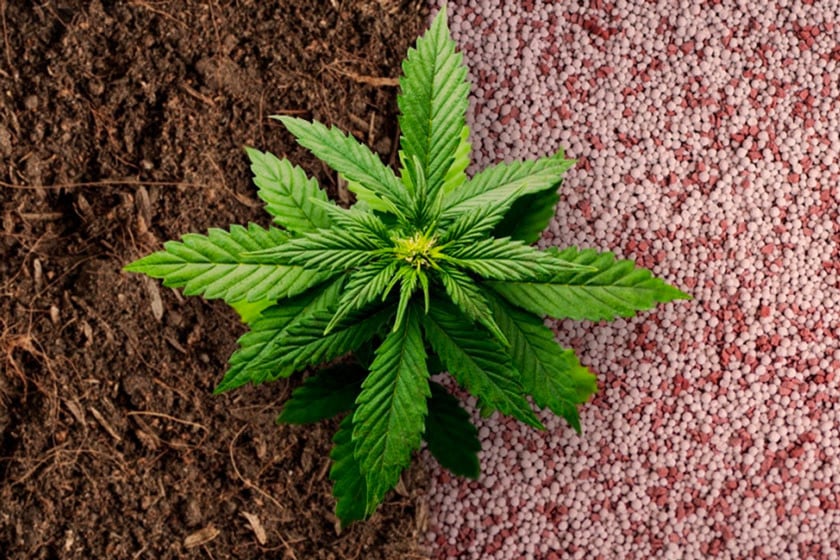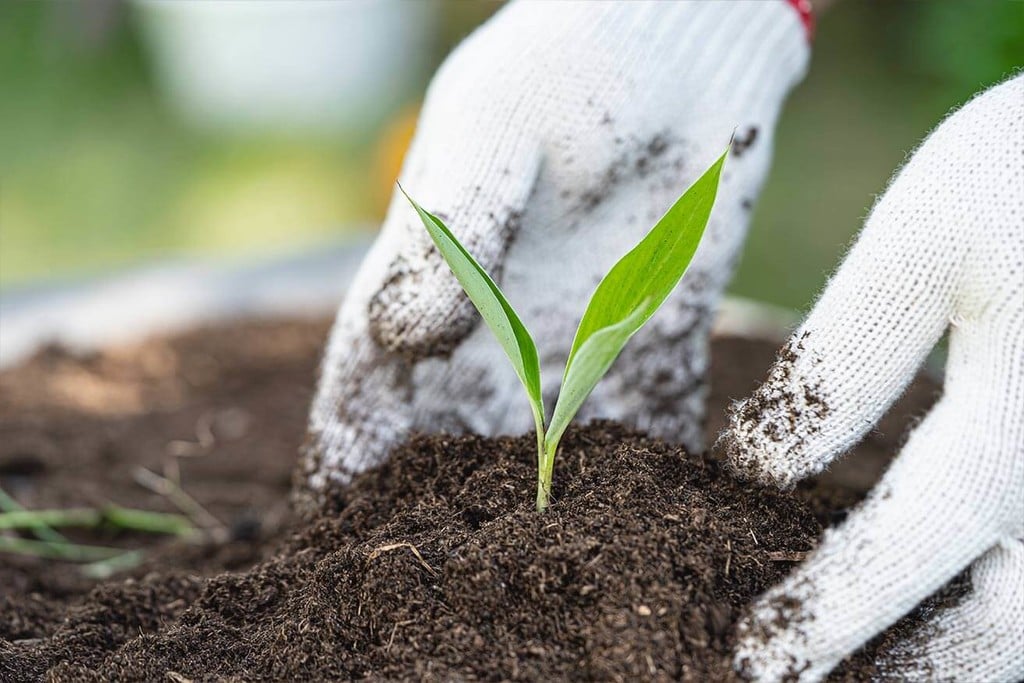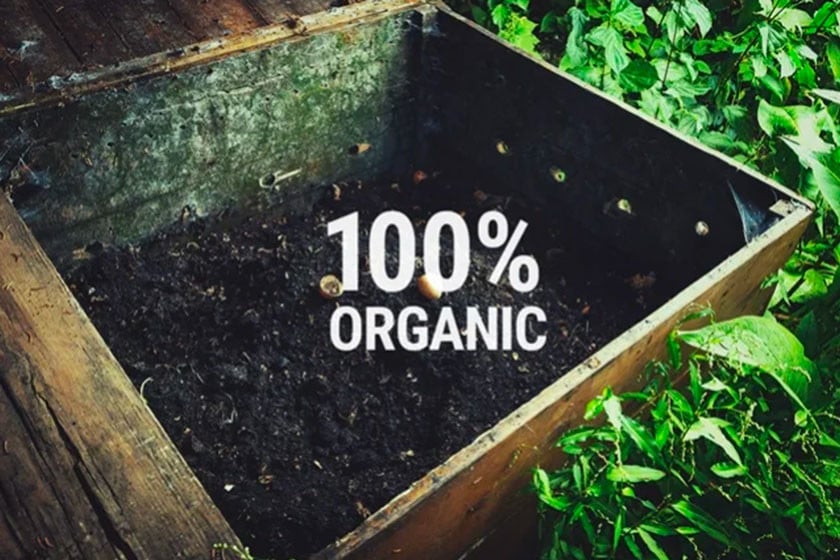.
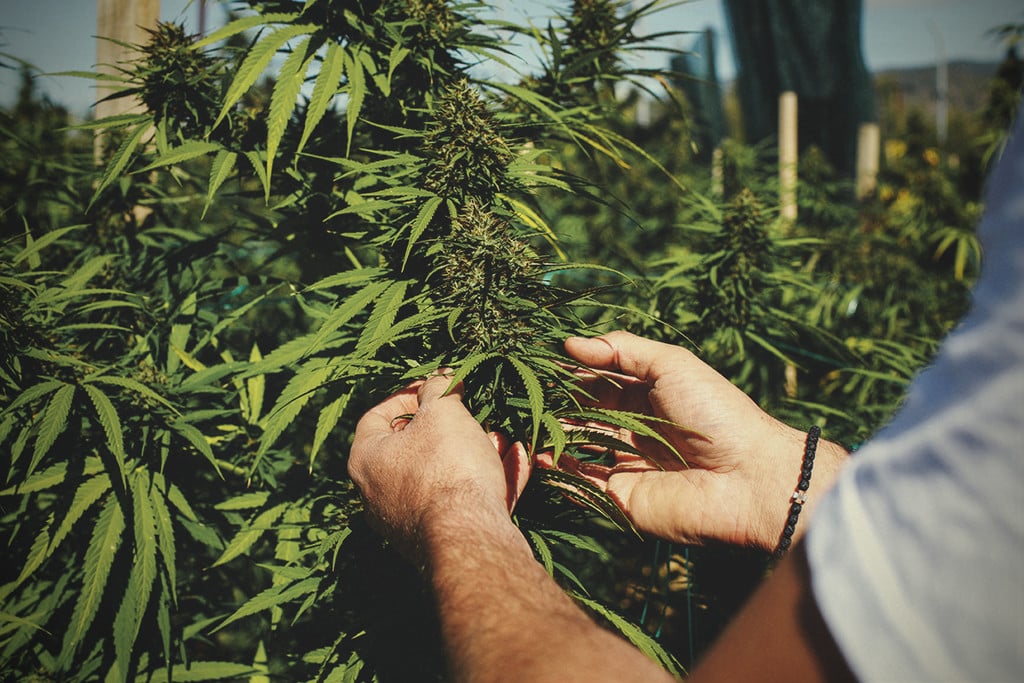
How (and Why) to Grow Veganic Weed
Demand for vegan cannabis is growing. Similar to the emergence of dairy-free, sugar-free, and gluten-free edibles, people want healthier choices when it comes to their bud. Vegan weed is considered an excellent choice for humans and the environment, given the "cleaner" product and reduced impact on the environment.
Contents:
Most people are familiar with organic growing. However, an emerging concept is increasing in popularity, especially amongst cannabis cultivators—veganic growing.
Veganic marijuana is available in certain dispensaries across Canada and the US. Demand for it is growing in the same way as the market for dairy-free, gluten-free, and allergen-free edibles. In terms of holistic value, vegan weed is highly praised. It is also an excellent choice for exploring more sustainable cultivation techniques.
In what follows, we examine all you need to know about the veganic weed trend sweeping the industry.
What Is Veganic Cannabis Growing?
Veganic cannabis growing produces tangible results with minimum input. The legal cannabis market is expanding, and veganic growing is popular among those who want healthier cannabis, more flavor, and larger yields.
In short, veganic growing is the cultivation of plants without synthetic fertilisers or animal products[1]. It is a way to grow plants in harmony with nature. Veganic growing is also about soil sustainability and retaining its fertility for future generations.
-
Principles of Veganic Gardening
Here are the main tenets that constitute a veganic grow[2].
| Where Possible, Do Not Dig | Digging the soil will kill many creatures and microorganisms. It will also break up the natural drainage they have created. Digging exposes soil to weather erosion and increases the leaching of water-soluble nutrients, such as nitrogen, from the soil. |
| Add Organic Matter to the Soil | To increase and maintain the natural fertility of your soil, you must apply organic matter. Potential sources include seaweed, garden compost, tree leaves, comfrey, and green manures. In veganic growing, no animal products are used (more on this below). |
| Use Liquid Feeds | You can buy vegan liquid feeds and full nutrition ranges. Alternatively, make your own by composting garden waste and diluting it with water. Good, vegan-friendly ingredients include seaweed, comfrey, alfalfa, and nettles—all rich in nutrients. |
| Avoid Pesticides | Organic pesticides can also kill beneficial insects. Alternatives include chamomile and garlic, companion planting, and biological control. |
| Where Possible, Do Not Dig |
| Digging the soil will kill many creatures and microorganisms. It will also break up the natural drainage they have created. Digging exposes soil to weather erosion and increases the leaching of water-soluble nutrients, such as nitrogen, from the soil. |
| Add Organic Matter to the Soil |
| To increase and maintain the natural fertility of your soil, you must apply organic matter. Potential sources include seaweed, garden compost, tree leaves, comfrey, and green manures. In veganic growing, no animal products are used (more on this below). |
| Use Liquid Feeds |
| You can buy vegan liquid feeds and full nutrition ranges. Alternatively, make your own by composting garden waste and diluting it with water. Good, vegan-friendly ingredients include seaweed, comfrey, alfalfa, and nettles—all rich in nutrients. |
| Avoid Pesticides |
| Organic pesticides can also kill beneficial insects. Alternatives include chamomile and garlic, companion planting, and biological control. |
-
Veganic vs Organic
Both organic and veganic[3] growing are about keeping things natural and not using anything synthetic. Whereas veganic weed is grown without synthetic fertilisers, pesticides, or ingredients derived from animals, organic weed does, however, still use animal byproducts.
In nature, plants are rarely exposed to the levels of animal byproducts contained within organic fertilisers. What animal matter they are exposed to is chiefly the decayed remnants of any insects present in the soil.
Traces from animal products tend to break down very slowly in cannabis. This leaves heavy metal residues stored within the plant in the form of salts. Animal waste used in fertiliser can be full of hormones, pesticides, and antibiotics—all of which can affect the quality and taste of your cannabis.
The buildup of residues can also have a damaging effect on soil pH. Veganic growing methods, in contrast, need no pH management. They naturally maintain a balanced, healthier ecosystem for your plants.
Why Grow Vegan Weed?
Well, the main reason is, why not? It’s easy, it’s cheap, it’s sustainable, and ethical.
Studies suggest that fostering vegan compost can yield similar results to traditional composting methods, but without using animal waste. Just by using scraps from your garden, you can enhance your soil’s nutrients. It’s simple and straightforward.
Moreover, growing plant-based foods promotes compassion and respect for all living beings. Plant-based agriculture also generally has a lower environmental impact compared to animal agriculture.
By using vegan compost, for example, you would utilise vegetables, which require less water compared to raising livestock or growing crops for animal feed.
-
Disadvantages of Vegan Weed
There are no real disadvantages to growing vegan weed. However, it does require a considerable commitment compared to growing weed using generic methods and fertilisers. Veganic growing is not for those who do not have the time or inclination to devote to it.
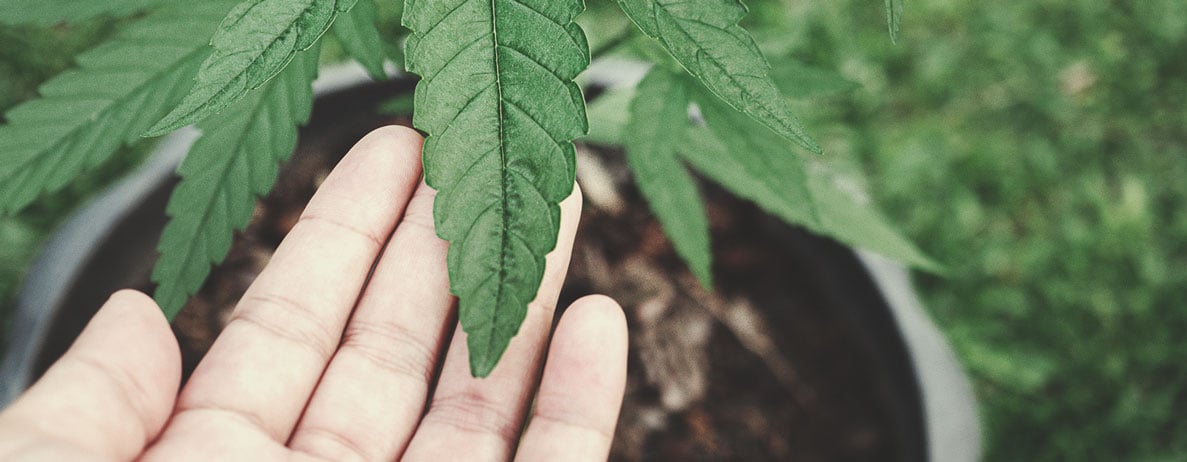
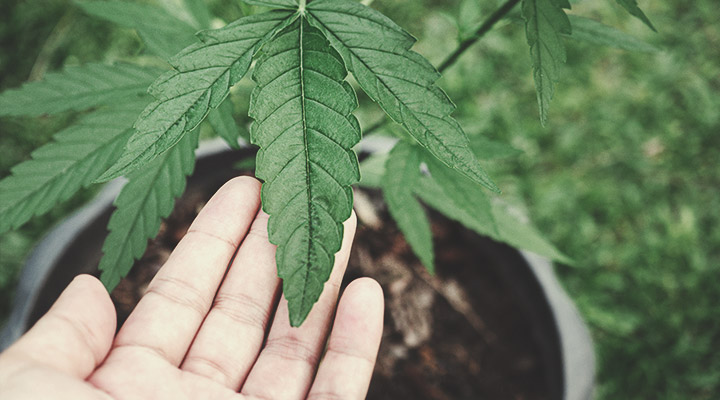
How to Grow Vegan Weed
Now, on to the most important part of this article—info on how to grow vegan weed yourself.
-
Seeds
Yes, your vegan grow starts with acquiring vegan seeds. Some dedicated breeders specialize in 100% vegan strains, selecting landraces from different regions to produce top-quality seeds. Vegan seed varieties are usually only available to buy in regular form rather than feminized.
Now, if you can’t source truly “vegan” seeds, high-quality seeds from other sources are suitable.
-
Soil
It is also packed full of beneficial microorganisms that increase the bioavailability of the soil. You can potentially find a store-bought soil mix to start out with, or you can make your own veganic soil rich in decaying leaves and clippings to give your cannabis a boost. You can potentially find a store-bought soil mix to start out with, or you can make your own veganic soil rich in decaying leaves and clippings to give your cannabis a boost.
-
Vegan Compost
Vegan compost retains nutrients comparable to those found in traditional manure, all without the use of animal ingredients. The chemical composition may vary depending on the sources and materials used in the compost, similar to the variations present in compost recipes that also include animal-based ingredients. However, again, you can also make your own. Use weeds, dried leaves, wood chips, small twigs, and immature crops like alfalfa, hemp, and fenugreek.
You need organic compounds from different sources to get your compost packed with nutrients. The most important are nitrogen and carbon. Anything you can find in the garden contains carbon. Your nitrogen source can come from grass, weeds, compost crops, and non-animal-based kitchen waste.
Vegan Compost Tea
Compost tea is a liquid compost that provides cannabis plants with an abundance of high-quality nutrients, contributing to plant health, vigour, and disease defense. Compost tea is easy to make and requires minimal cost and effort. Nutrients are transferred to the water, leaving you with a liquid "tea" containing all the fertiliser’s goodness. Compost tea mitigates damage from phytopathogens.
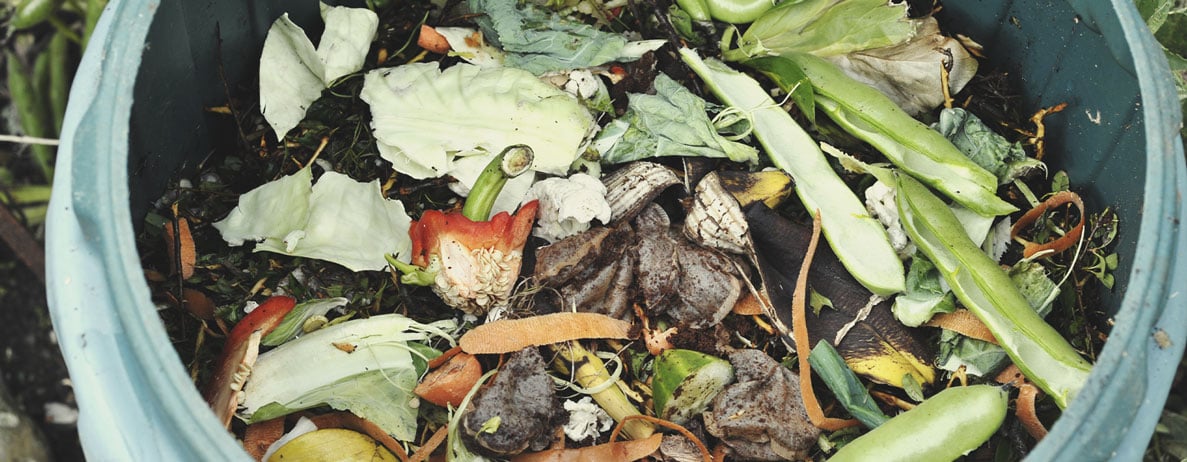
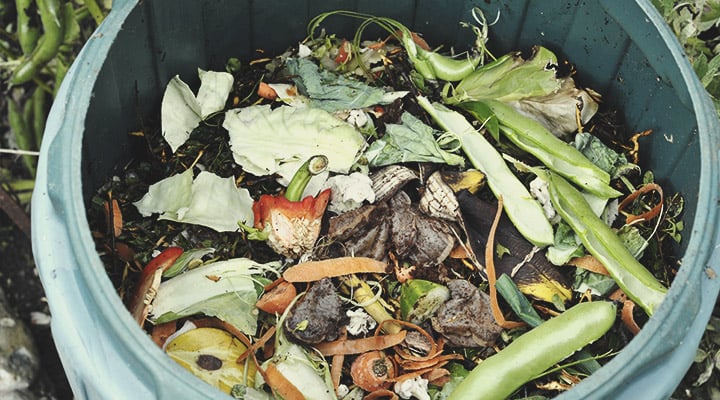
-
Green Manure
Green manure is a crop produced with the sole purpose of being integrated into the soil while still green. Green manure uses airborne nitrogen to keep the soil healthy and rich in nutrients. Green manures include legumes like vetch, clover, beans, and peas. Also, grasses like annual ryegrass, oats, rapeseed, winter rye, and buckwheat.
-
Vegan Fertilisers
Both vegan and non-vegan nutrients exhibit similar absorption rates, nurturing soil microbes and enhancing overall soil health. These benefits manifest not only in the robust growth of plants but also in the regulation of soil pH levels. This harmonious balance in soil pH contributes to increased crop yield, improved produce quality, and enhanced flavor profiles.
Nitrogen-rich plant matter such as alfalfa, cottonseed, and soy meal is perfect for vegetating plants. For the flowering phase, potash, wood ash, yams, and apples make good sources of phosphorus and potassium. Other options include humic acid for nutrient uptake, and a calcium-magnesium supplement to boost harvest weight. Enzymes can also be used to condition and regenerate new roots and recycle dead roots.
-
Mulch
Mulch is an excellent tool in the vegan cannabis garden. Mulch is organic material that you place as a top layer on your soil. Its purpose is to both protect the soil and increase absorption.
Mulch helps the soil retain moisture in the summer, and the rain penetrate it in winter. It also prevents weed growth and protects roots. Biodegradable mulches will break down gradually to release nutrients and improve soil structure. The best materials for this include vegan compost, wood chippings, leaf mold, straw, and seaweed.
-
After Harvest
The vegan path does not have to stop once you’ve harvested your crop. There are lots of vegan accessories you can incorporate into your lifestyle. Generic rolling papers use animal products in the glue or dye that makes the papers white. Vegan papers, however, are made from untreated organic material such as hemp paper. Vegan rolling papers also use arabic gum as glue. This comprises a 100% vegan formula.
If you do not smoke your weed pure, you may want to look into some herbal mixes to smoke it with. Tobacco itself is not considered vegan. Generally, tobacco itself is not considered vegan. Tobacco has been widely tested on animals, and its production is very harmful to the environment (except for a few brands and products)—all of which goes against the vegan philosophy.
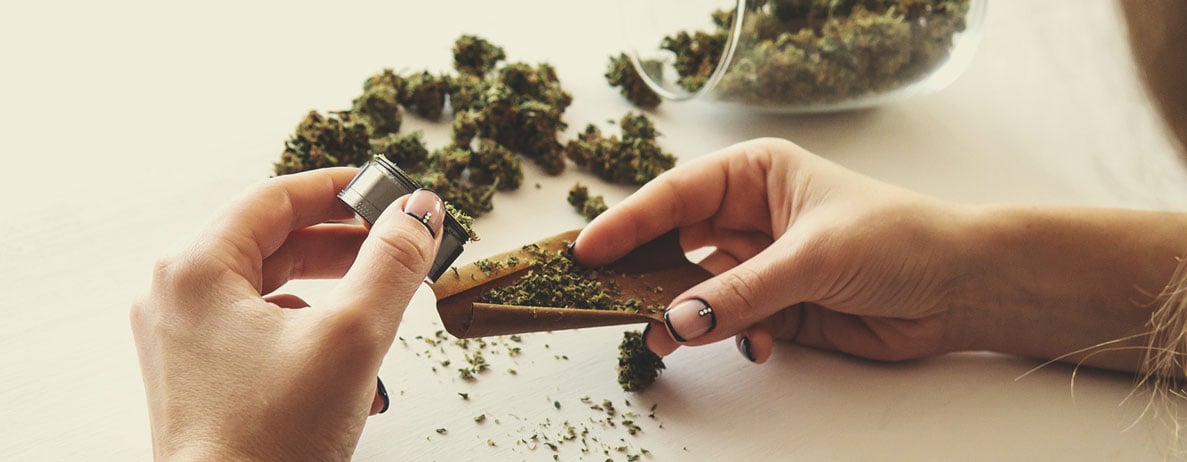
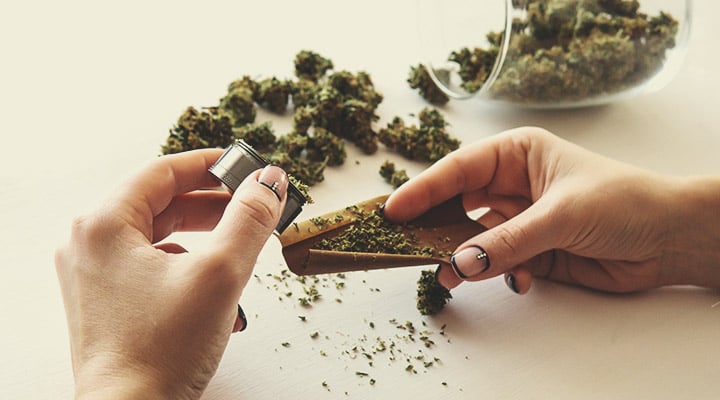
Is Veganic Cannabis Growing Worth It?
Vegan cannabis is a clean, sustainably grown product with excellent potential for holistic and recreational use. With the market ever-growing, there is demand for a more diverse choice of cannabis. So yes, we would say that it is worth it. It does require more time and focus, though, so it is not necessarily the best choice for the newbie grower. Still, it is a viable option to consider further down the road.
Whether a practising vegan or not, you likely want to be healthier and find a cannabis solution that fits in with your lifestyle and values. Vegan weed offers an opportunity to do good for yourself and the environment, without compromise.
- Veganic farming in the United States: farmer perceptions, motivations, and experiences | Agriculture and Human Values https://link.springer.com
- 'Veganic Agriculture in the United States' by Alisha Utter and Mona Seymour https://tigerprints.clemson.edu
- Vegan organic horticulture - standards, challenges, socio-economics and impact on global food security https://www.actahort.org


























